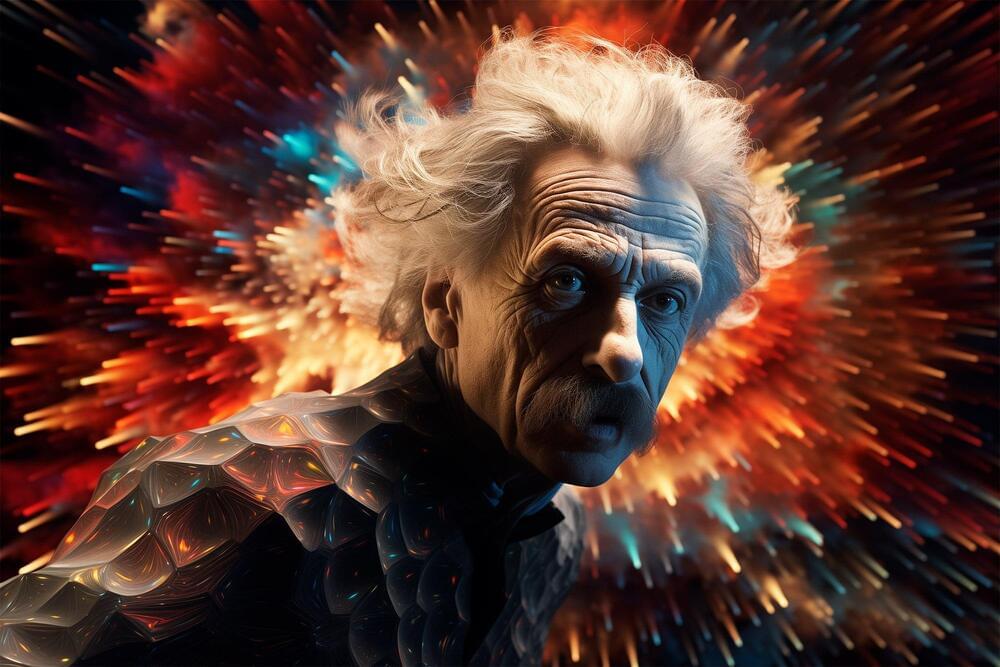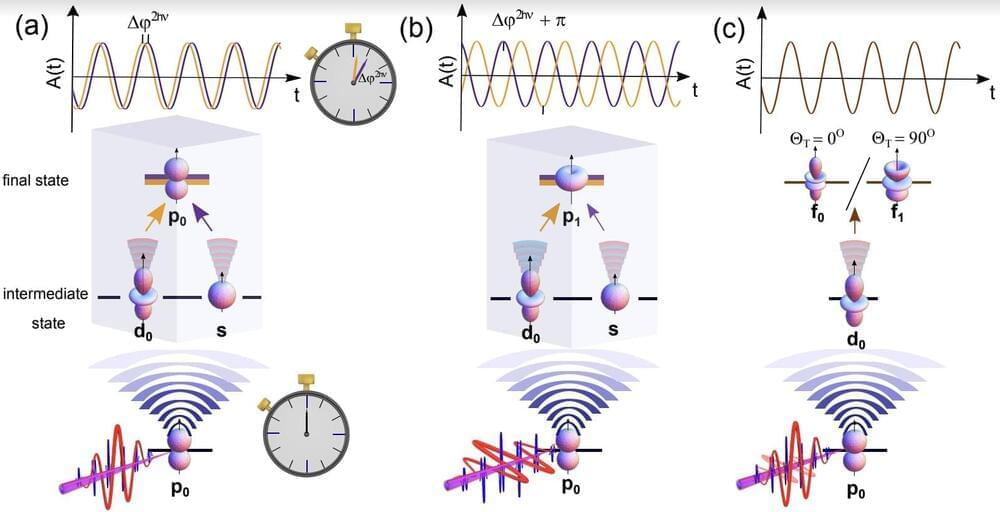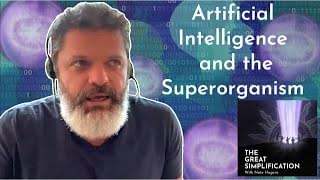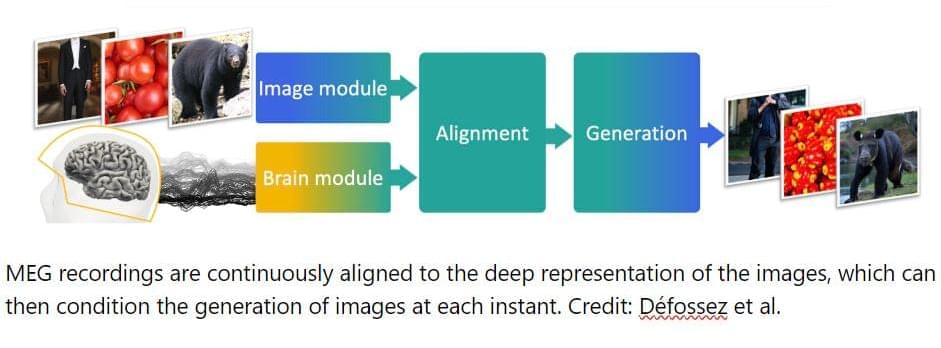Dec 6, 2023
Reimagining the Cosmos: New Theory Unites Einstein’s Gravity With Quantum Mechanics
Posted by Paul Battista in categories: particle physics, quantum physics
A radical theory that consistently unifies gravity and quantum mechanics while preserving Einstein’s classical concept of spacetime is announced today in two papers published simultaneously by UCL (University College London) physicists.
Modern physics is founded upon two pillars: quantum theory on the one hand, which governs the smallest particles in the universe, and Einstein’s theory of general relativity on the other, which explains gravity through the bending of spacetime. But these two theories are in contradiction with each other and a reconciliation has remained elusive for over a century.
Challenging the status quo: a new theoretical approach.


















